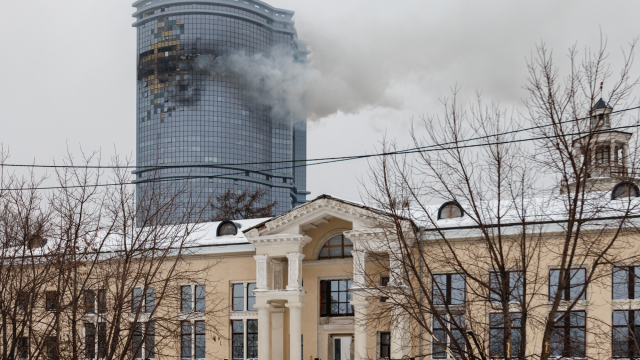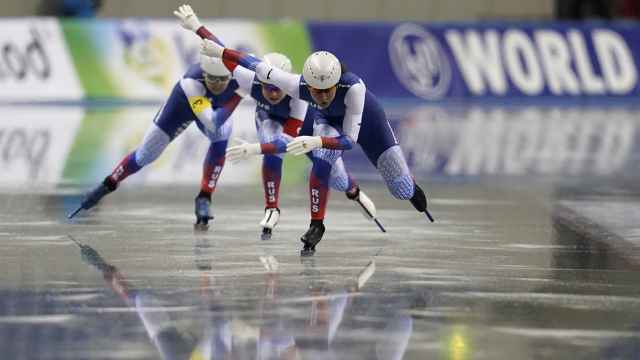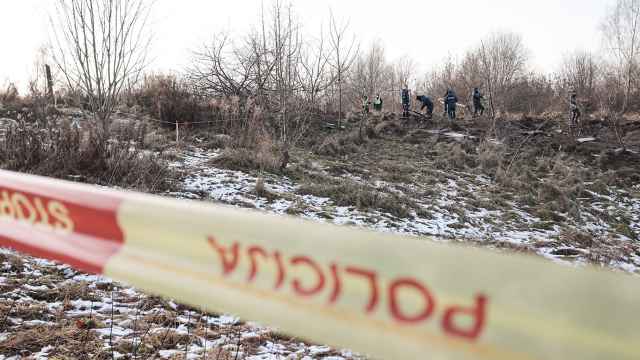A Palestinian terror cell affiliated with the al-Qaida movement planned to send suicide bombers with fake Russian passports into Israel to stage a series of major attacks, before being thwarted by Israeli security services, a news report said.
Jerusalem's International Conference Center and the U.S. Embassy in Tel Aviv were among the intended targets of the terrorists, who started planning their action last fall, Israel's Ynet news agency reported Wednesday, citing investigators from the Israel Security Agency, the Shin Bet.
One of the suspects, 24-year-old east Jerusalem resident Iyad Abu Sarah, planned to travel to Syria and help five al-Qaida-affiliated bombers cross into Israel under fake Russian passports, the investigators said.
Russian citizens currently enjoy visa-free travel to Israel.
Israeli security service also arrested two other Palestinian suspects, identified as Rubin Abi Najma, 30, and Ala Aanam, 22, both from the West Bank. All appeared to have been recruited by a jihadist from Gaza via online communication and social networks and to be associated with the Salafi movement.
The Salafi movement, which follows a strict and literal interpretation of Islam and espouses violent jihad against civilians, has been linked to a series of recent terror attacks in Russia, where Salafist cells have been mushrooming in the region of Dagestan and beyond in recent years.
It was not immediately clear whether Abu Sarah and his associates had any direct connections with Salafi terrorists in Dagestan, nor whether they had acted independently in acquiring fake Russian documents.
A Message from The Moscow Times:
Dear readers,
We are facing unprecedented challenges. Russia's Prosecutor General's Office has designated The Moscow Times as an "undesirable" organization, criminalizing our work and putting our staff at risk of prosecution. This follows our earlier unjust labeling as a "foreign agent."
These actions are direct attempts to silence independent journalism in Russia. The authorities claim our work "discredits the decisions of the Russian leadership." We see things differently: we strive to provide accurate, unbiased reporting on Russia.
We, the journalists of The Moscow Times, refuse to be silenced. But to continue our work, we need your help.
Your support, no matter how small, makes a world of difference. If you can, please support us monthly starting from just $2. It's quick to set up, and every contribution makes a significant impact.
By supporting The Moscow Times, you're defending open, independent journalism in the face of repression. Thank you for standing with us.
Remind me later.





